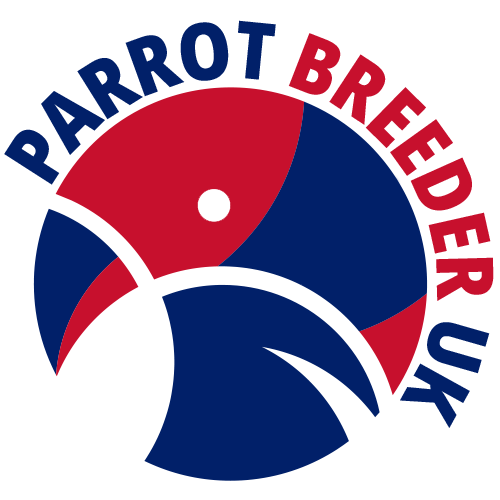- DO concentrate on good behaviour.
- DO give your birds a bath with water only or mist with a spray bottle at least 2 to 3 times a week.
- DO feed a wide variety of fresh fruits and veggies.
- DO feed and replace with fresh food daily and provide clean water at all times daily.
- DO clean and change the bottom of the cage daily. Scrape off any poop or organic material daily and wash and disinfect the cage weekly with a bird safe product.
- DO provide toys (8-10 is preferable) and rotate toys at least once a week.
- DO be sure your bird(s) has plenty of stimulating destructible and non-destructible toys to attack and chew.
- DO play directly and give your bird attention daily.
- DO allow your Bird at least 10 to 12 hours of sleep in a quiet dark room.
- DO give protein, in the form of cooked meat or scrambled, hard-boiled eggs at least once a week especially when in molt.
- DO remember that your bird(s) are intelligent. You need to interact with them and teach them.
- DO treat your bird like it is an intelligent 3 to 4-year-old human, you’ll get better results.
- DO be persistent and consistent with rules and boundaries.
- DO walk away, turn your back and act insulted by bad behaviour. With good behaviour is even more enthusiastic than usual during this training period to help develop your own habits. Your voice should be higher and a bit louder when praising and low and snarl when noting bad behaviour.
- DO be patient, training takes time and there are no quick fixes for long-term results.
- DO ask questions. The only stupid question is one that is never asked.
- DO read as much, on your bird, as you possibly can.
- DO research online, with other bird owners, your vet, and behaviourists but do it with an open mind and think completely over what you are going to try to do before doing it.
- DO teach your bird to be handled by others.
- DO teach your bird the command to step up and step down.
- DO travel with your bird in a safe carrier if you must travel with your bird at all.
- DO make sure your vet is a licensed avian vet and have his or her phone number posted by the phone in case of an emergency arises.
- DO make sure that your bird sees an avian vet at least once a year for a check-up.
- DO keep the bird(s) toenails and beak trim, for their own safety.
- DO give your bird playtime away from its cage every day.
- DO sanitize all new toys, cages, bowls, and perches before giving them to your bird!
- DO provide a cage that has more than ample space for the bird(s) to move around and flap its wings or buy the largest cage you can afford.
- DO remember your bird(s) are your companion for life. Take responsibility for your bird(s) seriously, they do depend on you to take care of them.
- DO keep a close watch on your bird(s) with children, strangers, and other animals and do not leave your bird unsupervised.
- DO remember that your bird(s) are as comfortable with people as people are with them.
- DO inspect toys every day for frayed rope, sharp objects, broken pieces and etc.
